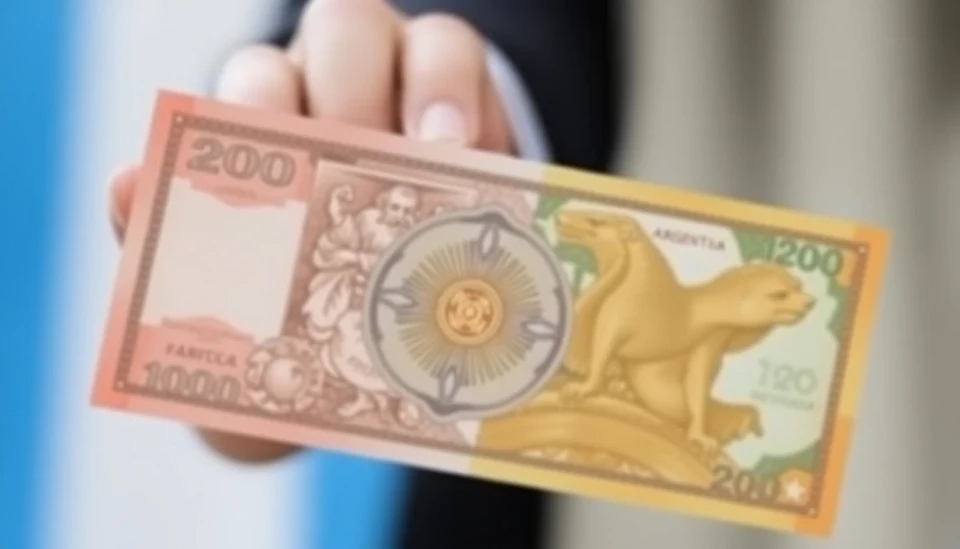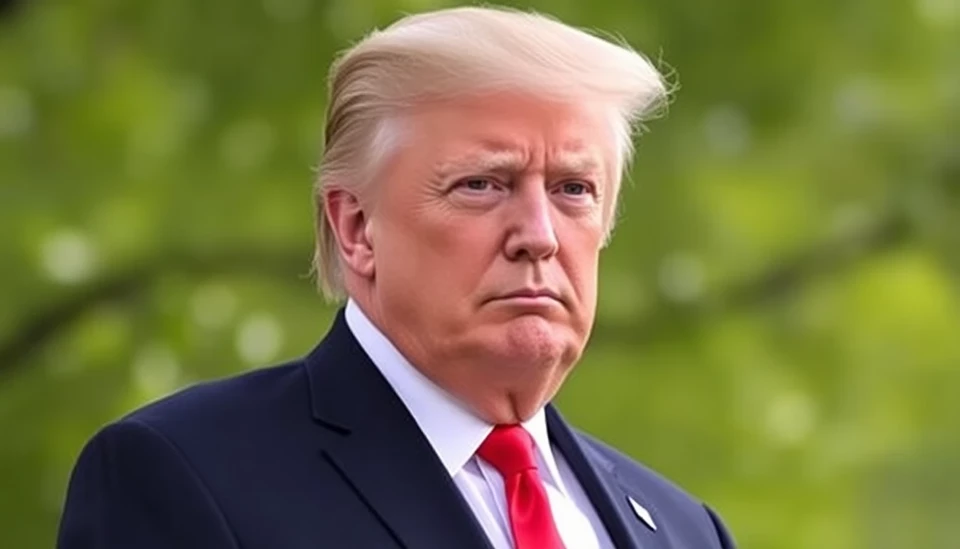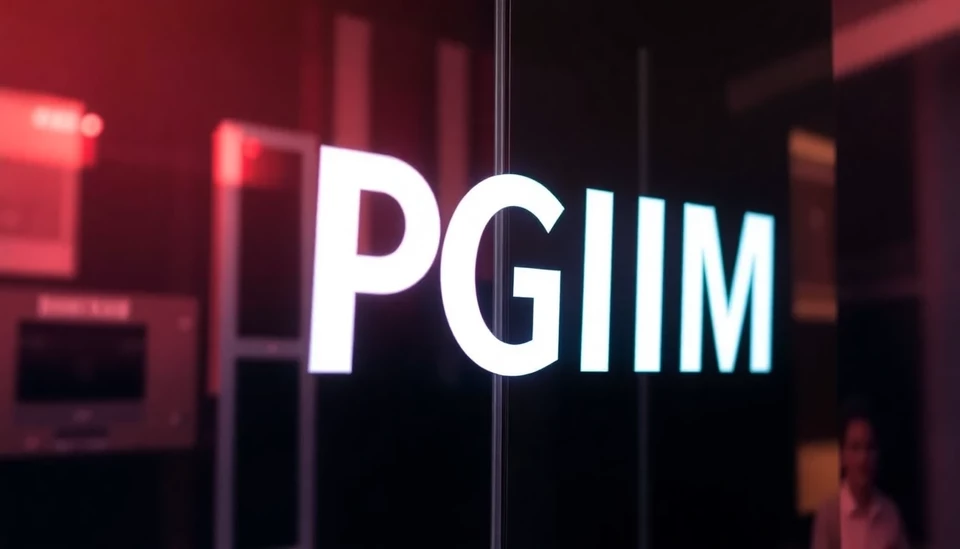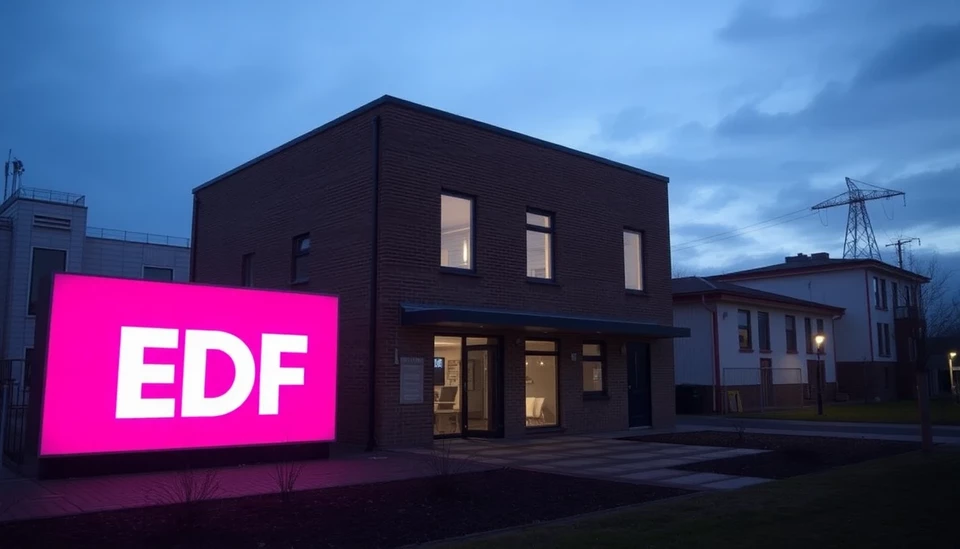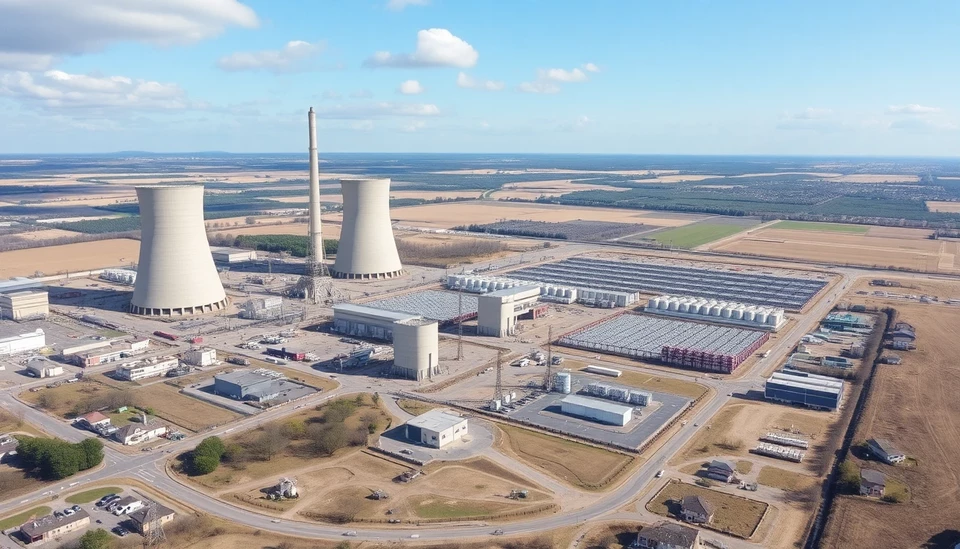
In a recent report, France's public audit office has advised Électricité de France (EDF) to proceed with caution regarding the development of new nuclear energy projects. The auditor emphasized that the state-led electricity utility must not rush into initiating new sites without thoroughly assessing its existing challenges and obligations. This caution comes at a time when the country is balancing energy security, climate commitments, and significant financial hurdles.
The financial health of EDF is a pressing concern, as the company grapples with an immense debt burden and a need for substantial investment to upgrade its aging reactors. The audit highlighted that EDF is already under significant pressure due to ongoing delays and complications at existing nuclear facilities. These issues have led to several reactors being offline, diminishing the company's capacity to generate crucial energy during a time of heightened demand.
Moreover, the auditor pointed to ongoing construction issues at the Flamanville EPR project, which has faced considerable delays and cost overruns since its inception. With costs ballooning and a completion timeline extended significantly, EDF's track record on managing nuclear projects is under scrutiny. The auditor's report articulates fears that a hasty push into new nuclear builds could exacerbate these existing problems instead of providing a necessary solution to France's energy needs.
The backdrop to this advisory is France's ambitious plans for a transition to greener energy sources as part of its climate goals. While nuclear energy remains a cornerstone of the country's approach to reducing carbon emissions, the transition also relies significantly on developing renewable energy technologies. The balance between advancing nuclear projects while simultaneously growing renewable investments is a tightrope that the French government and EDF must walk carefully.
The French energy landscape is evolving, and stakeholders may face challenges in harmonizing the older nuclear infrastructure with newer, sustainable forms of energy. The speakership in charge of the audit expressed that there is an urgent necessity for rational investment strategies and careful planning in order to ensure energy stability for the future without compromising economic viability.
In summary, the French auditor's cautionary stance comes amidst a pressing call for energy reforms. EDF must prioritize tackling its current obstacles and financial configurations before committing to expansive new nuclear projects that could further complicate the landscape. As the nation navigates its future energy requirements, the path forward necessitates strategic foresight and thorough assessments of the available options for achieving energy independence and security.
As the energy sector stands at a crossroads, industry experts and policymakers alike will be watching closely how EDF chooses to proceed in the balancing act between nuclear and renewable energy investments, alongside its financial health and operational capabilities.
#EDF #NuclearEnergy #France #EnergyTransition #RenewableEnergy #ClimateGoals #PublicAudit #EnergySecurity
Author: Samuel Brooks
